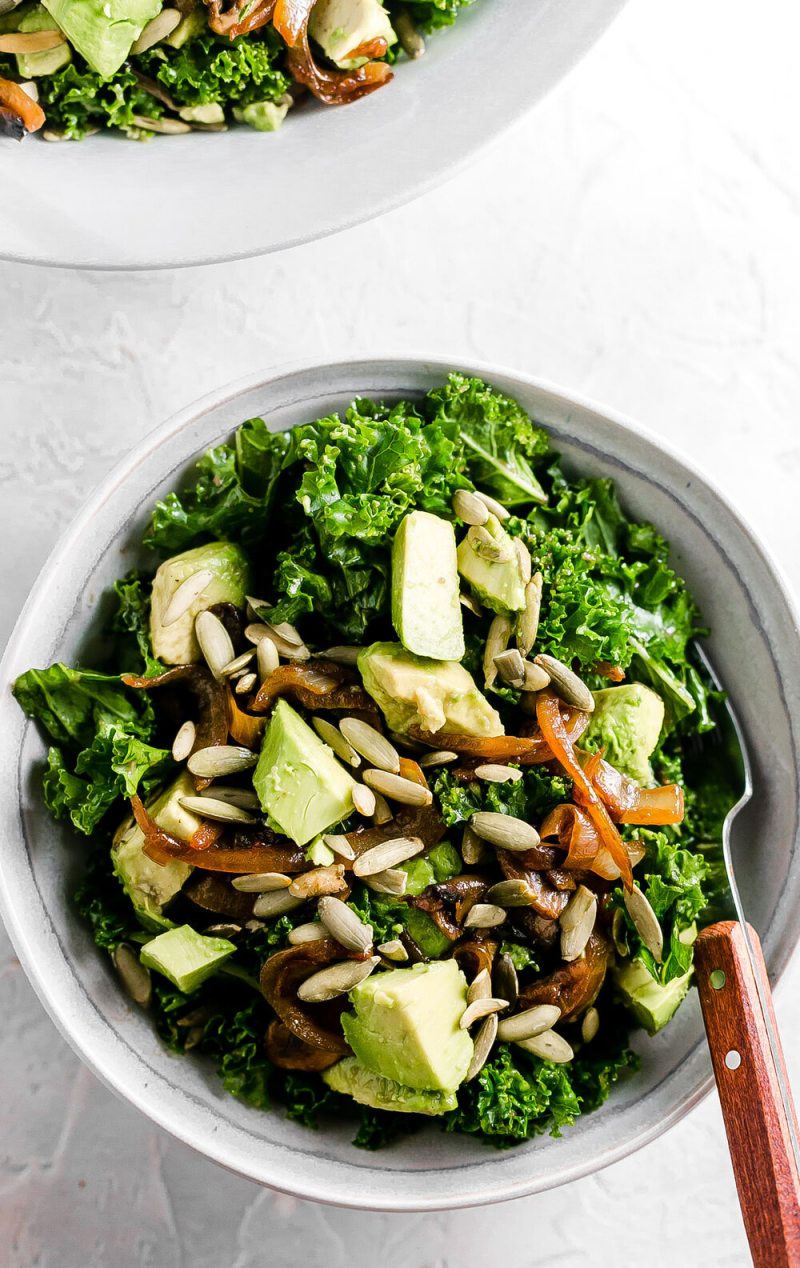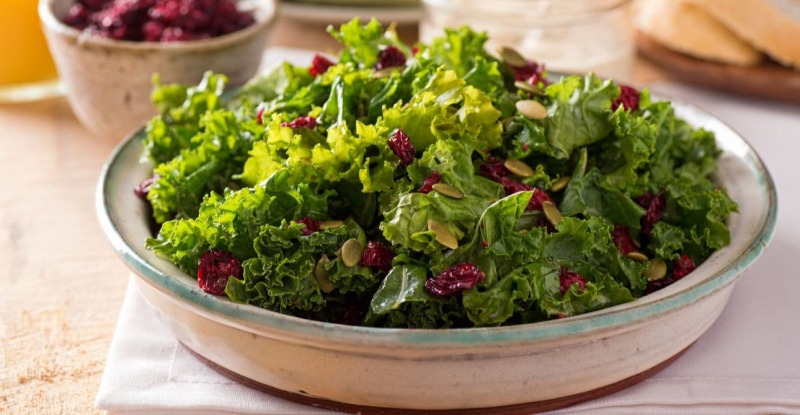Kale is one of the world's most nutrient-dense foods

Kale is a common vegetable that belongs to the cabbage family. Cabbage, broccoli, cauliflower, collard greens, and Brussels sprouts are all cruciferous vegetables. Kale is one of the most nutrient-dense vegetables available. Consuming extra kale is an excellent way to boost your diet's total nutrient content.
Kale comes in a variety of kinds. Green or purple leaves with a smooth or curly shape are available. Curly kale, also known as Scots kale, is the most common type of kale, with green and curly leaves and a hard, fibrous stem. A single cup of raw kale (about 67 grams or 2.4 ounces) includes the following nutrients: Vitamin A: 206% of the DV (from beta-carotene); Vitamin K: 684% of the DV; Vitamin C: 134% of the DV; Vitamin B6: 9% of the DV; Manganese: 26% of the DV; Calcium: 9% of the DV; Copper: 10% of the DV; Potassium: 9% of the DV and Magnesium: 6% of the DV. Vitamin B1 (thiamin), vitamin B2 (riboflavin), vitamin B3 (niacin), iron, and phosphorus all have 3% or greater of the daily value.











